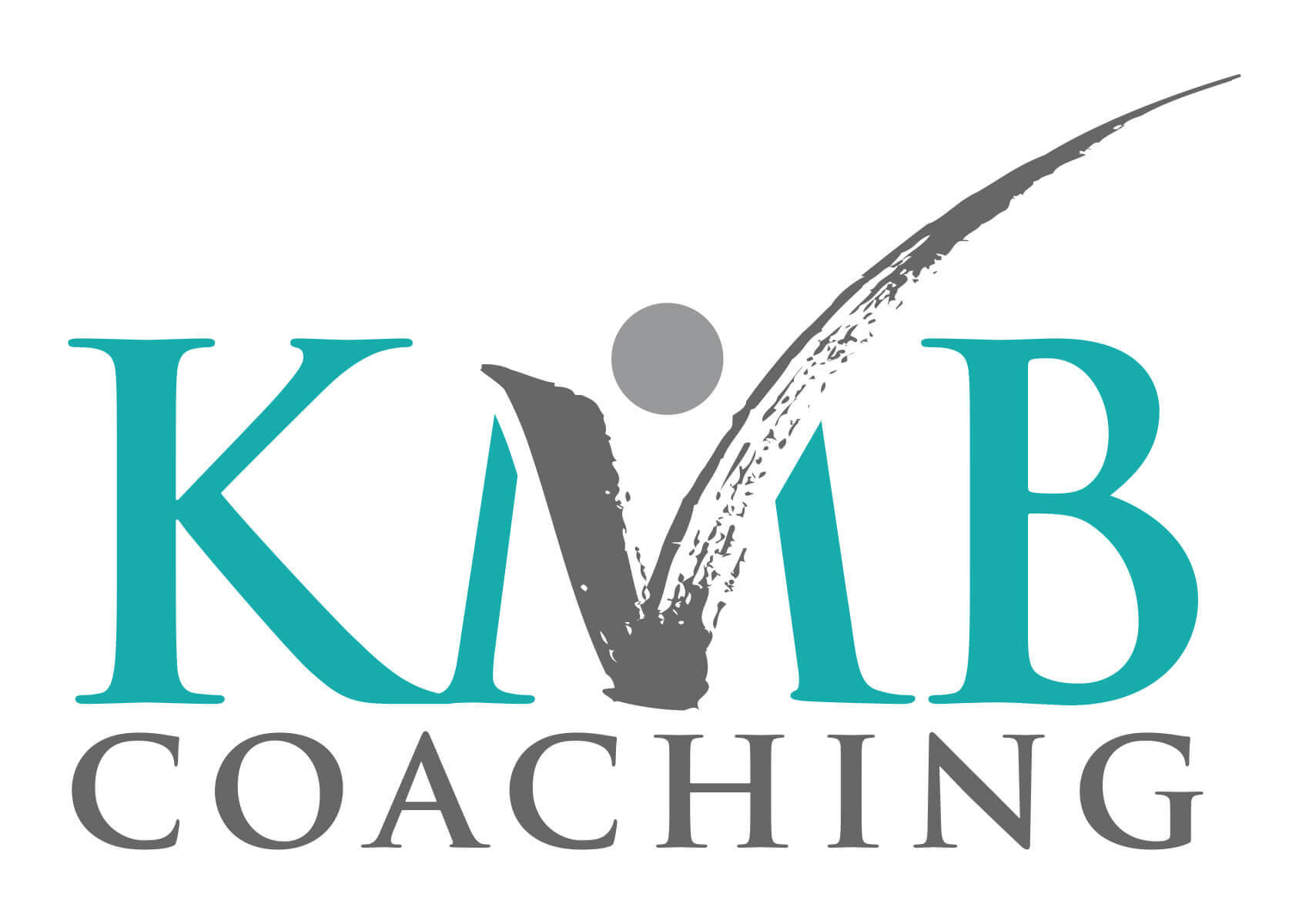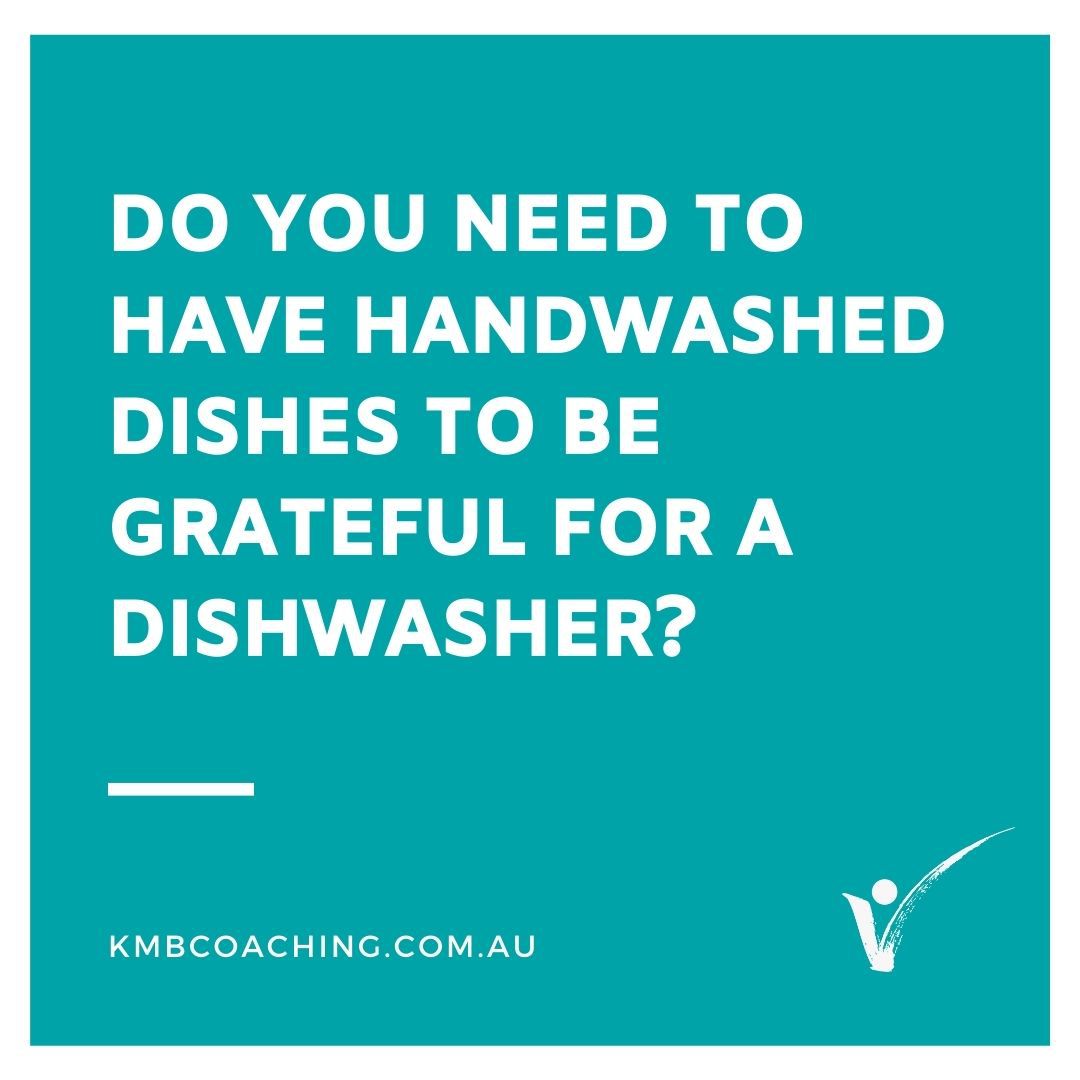Now before you start to roll your eyes at the very mention of ‘DISC’, let alone ‘Extended DISC’, hold up!
I’m going to share with you how I use Extended DISC to blow your mind. We uncover your subconscious profile (which is like you in your natural habitat – yes, a David Attenborough voice is required) when you are just being you. That means not trying to behave in any particular way.
And we find out what your adapted (conscious) profile is. This is the way you feel you need to behave in the world. This might be if you feel you need to appear more confident, less indecisive, more outgoing or more likeable.
Now, maybe the subconscious and conscious profiles are similar. And maybe they’re different. We explore this and look for themes. This ties in so well with the mindset coaching work I do with clients.
But hang on a minute, let’s backtrack a little.
You may have heard about DISC previously (there are different versions) or maybe you haven’t! I love Extended DISC and I’m gonna tell you why.
But first, if you’re not up to speed with what it even is, here’s a snapshot:
Extended DISC is a behavioural profile.
It uncovers what makes you tick, in terms of your behaviour. By ‘unpacking’ the results, you gain conscious awareness of what drives you, rather than it remaining a mystery.
If you’re big on detail, you’ll want to know this:
- there are 160 different combinations of profiles (not 4, like in DISC)
- if there is an ‘invalid’ profile, which might just mean you tried to second-guess yourself or overthink it. A report won’t be produced and we just re-do the profile
- you can re-do the profile at any time in the future;
- the profiling removes the environment from the equation
- there is no pigeon-holing of you as a person
- it’s quick and easy to do. It involves a self-assessment that only takes 10mins max. Somehow in that time, it seemingly reads your mind! (people often exclaim that they can’t believe how accurate it is)
(And if you’d like even more info, you can head here).
So what?
Well, the work I do with clients is all about helping them to connect with their natural, authentic self. The version of themselves that was in place before they started to people please, or had become a perfectionist or were an overachiever.
You see, all of that is learned and not your natural way of being. But chances are you learned it many years ago and now it’s become your default MO.
(You can read more about inner child work and roles here if you’re curious)
The overriding reason why I love it is because it is not telling you what your strengths and weaknesses are. It’s not saying – you’re really crap at seeing the big picture because you focus so much on the small details. Don’t do this type of work, or forget about this because you’re hopeless at it.
It’s saying – THIS is where you operate most naturally. It takes the LEAST energy from you. You can still do the thing that appears to not be suited to you, but it will take more energy. Therefore, if you do that 8 hours a day, 5 days a week, you’re likely to feel wrecked / comatose.
Take me, for example. I am not naturally a big picture thinker, nor a fast decision maker. But I can BRING that energy for periods of time.
I need it to facilitate a workshop or run an event. But I don’t sit in that energy all the time.
Put me on the speaking circuit (when there was one), travelling round the world speaking every week and I’d end up rocking in a corner somewhere. But facilitating workshops a few times a month is a buzz for me. And I plan downtime immediately afterwards so I can recharge my energy because I find it tiring.
When I do an ‘unpack’ of the findings of a profile with one of my clients, I always emphasise that it is not about their ‘weaknesses’ or what they can’t do. It’s about what comes naturally or most easily. If they view it as skills or attributes that they’re not ‘good’ at, they will perceive this as some kind of failing. They will judge themselves; feel like they’re inept in their work (even though logically they know they are not), and lose their spark.
However, if they see it based on the energy it takes, it makes a lot more sense. There is no need to judge themselves or feel that they are inadequate. I tell them there is no good or bad profile – only what comes naturally to them.
And I remind them a LOT (because there is a tendency for humans to judge their own results and wish they were different) that it’s not about what they’re good or bad at – it’s about what is naturally a good fit for them based on the energy it takes. Simples 😉
This approach opens up discussion and helps them to see the potential, and also to make sense of the people they hang around. It might seal the deal around thoughts of outsourcing a task that doesn’t fit with their natural profile, or delegating this.
Maybe it’s a team member that is driving them nuts with their systems, micro-focus and introversion, because the business owner is big picture, extroverted and a swift decision maker.
It could be someone on their team who they find irritating – but it becomes apparent that it’s just because of their differences, not that one is more or less suited.
It might be a client who comes across as very direct or blunt, when your style is more conversational, light and playful.
If you’re running a business, it’s important to be able to communicate with people who have a range of different styles, and to have people on your team who are a good fit for what they do, and also bring diversity to the team.
I love to overlay other frameworks that fit within the DISC quadrants:
- Masculine and feminine energies (not woo-woo, by the way)
- Core needs
- Archetypes
- Core values
- Decision making styles
- Greatest fear
- The modality that they operate in (kinaesthetic, visual etc)
This tells me (and therefore the person) so much about what drives them. They gain insights on their relationship; parenting; friendships and more.
Given that I work a lot with people who identify with being people-pleasers and rescuers, this is actually the default behaviour under pressure of the Influencer profile in DISC.
This doesn’t give them a justification to continue people pleasing or rescuing others because ‘that’s just who I am’. It highlights a tendency under pressure. With awareness, an individual can realise that this might be happening and work out how to change this.
The EDISC profile flows really nicely into inner child work and mindset coaching, where we explore the role(s) the person has taken on (eg people pleaser, rescuer), and who they are at their core and started life as. The we can work out really healthy ways to meet their own needs and confidently set supportive boundaries.
So yes, it’s a profile. Yes, it gives insights and brings awareness. And yes it is amazing for realising what drives an individual. But by itself, it is unlikely to be a massive gamechanger.
And that’s why it is step 1 in my mindset coaching and mentoring with clients. After this, I help them to let go of what’s not working for them. And like all of my coaching, it is always judgement free and done in a way that empowers the client, and done with curiosity.
At it’s heart, coaching helps a client to know deeply that they have everything within them that they need to create a life they love. We simply need to unlock it. And an Extended DISC profile is the perfect starting point for this.
To find out more about your own profile and what makes you tick, please get in touch.
Kylie x
If you’re interested in learning more about coaching, check this blog post out:
What Happens After I Say Yes to Mindset Coaching?
Tags: Behavioural Profile DISC Extended DISC Personality profile Profiling tool













